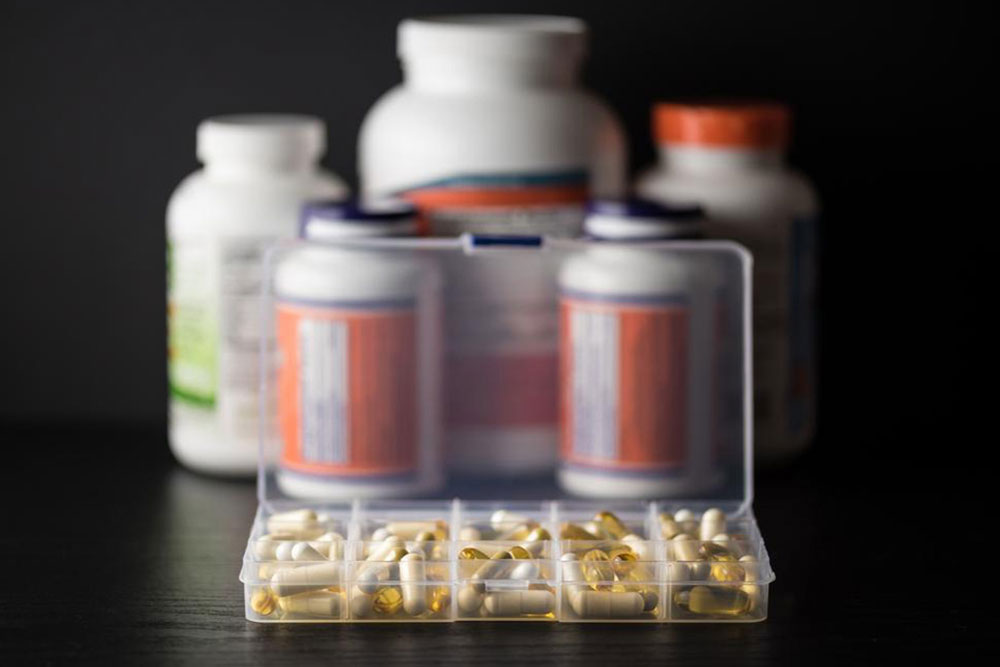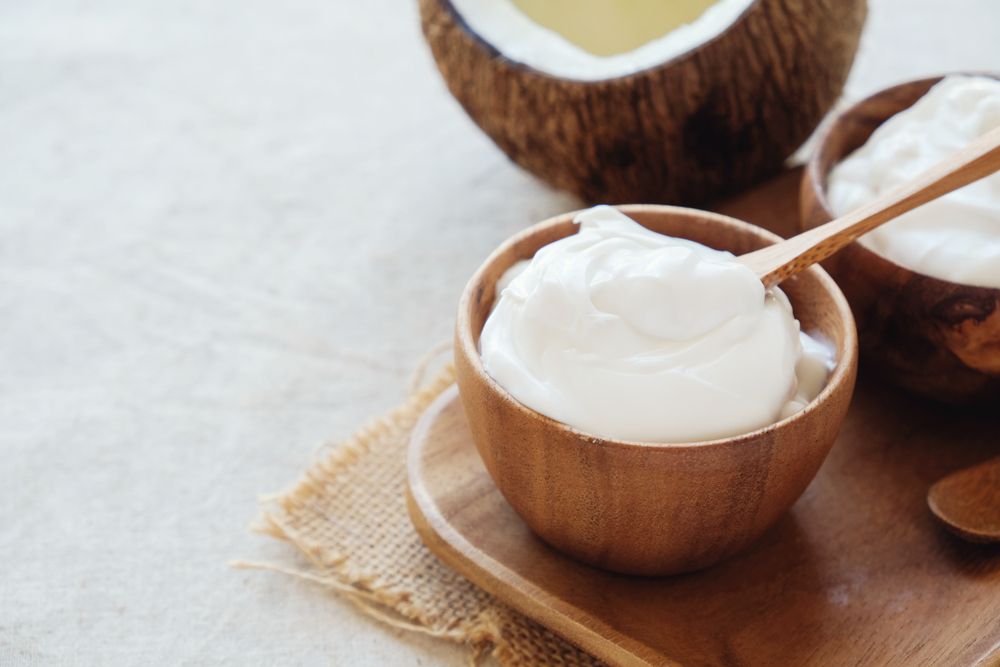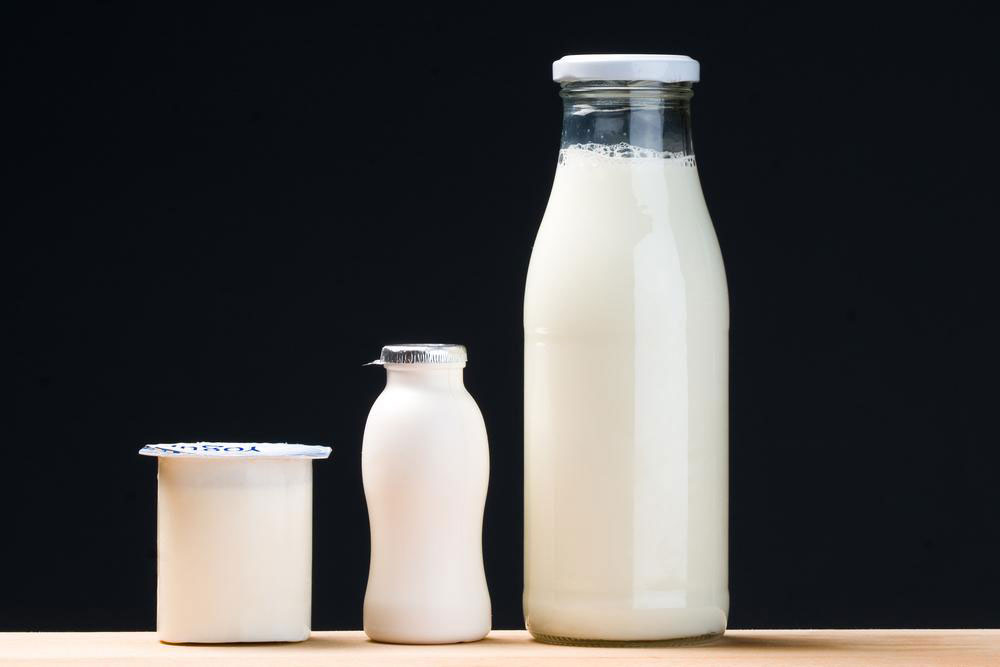Comprehensive Guide to Managing Excess Gas: Causes, Symptoms, and Effective Relief Techniques
This comprehensive article explores the causes, symptoms, and effective strategies to manage excess gas and bloating. It emphasizes natural remedies like ginger, chamomile, peppermint, and lemon water, along with lifestyle tips to improve digestive health. Recognizing triggers and understanding underlying conditions such as IBS or lactose intolerance can help individuals find relief and maintain a healthier gut. Whether through dietary adjustments or herbal remedies, this guide offers practical insights to reduce discomfort caused by excess gastrointestinal gas.

Comprehensive Guide to Managing Excess Gas: Causes, Symptoms, and Effective Relief Techniques
Many individuals suffer from recurrent episodes of excessive gas and bloating, which can significantly impact quality of life. The severity varies from person to person, with some experiencing frequent burping while others face troublesome flatulence. Additionally, a common symptom includes a sensation of persistent fullness or pressure in the stomach and abdominal area. These discomforts, though common, can be quite distressing and interfere with daily activities. Understanding the underlying causes and effective management strategies is crucial to alleviate symptoms and improve digestive health.
Flatulence, or passing gas through the rectum, is another prevalent issue associated with excess gas. It often results from undigested food fermenting in the colon, leading to increased production of intestinal gases. When consuming certain types of food, such as sugars, fibers, or starches, the body may have difficulty breaking them down efficiently, prompting excessive gas formation. Furthermore, when gas accumulates in the gastrointestinal tract, it causes bloating—a distended and uncomfortable feeling of fullness and tightness in the abdomen.
What Causes Excessive Gas and Bloating?
Understanding the root causes can help in managing and preventing symptoms effectively. Common contributors include:
Trigger Foods: Eating foods rich in sugars, artificial sweeteners like sorbitol, high-starch foods, fried, fatty, or processed products can promote gas build-up, bloating, and discomfort.
Eating Habits: Rapid eating, talking while eating, or swallowing air while drinking beverages—especially carbonated drinks or using straws—can lead to increased belching and flatulence.
Air Swallowing Habits: Chewing gum extensively or smoking can cause excessive ingestion of air, resulting in more frequent burping and gas buildup.
Gut Microflora Imbalance: An overgrowth of certain bacteria in the colon can produce excess gas. This imbalance is often linked to dietary patterns, stress, or underlying health conditions.
Digestive Disorders: Conditions such as irritable bowel syndrome (IBS), gastroesophageal reflux disease (GERD), or small intestinal bacterial overgrowth (SIBO) are frequently associated with excessive gas, bloating, and discomfort.
Lactose Intolerance: Inability to digest lactose, the sugar found in dairy products, causes increased fermentation of dairy sugars, leading to gas and distension.
Food Poisoning: Consuming contaminated or spoiled foods can trigger gastrointestinal disturbances, including excessive gas and bloating, requiring prompt medical intervention.
Stress and Anxiety: Psychological factors can influence gut motility and secretion, leading to increased gas production and abdominal discomfort.
Recognizing the Signs and Symptoms of Excess Gas and Bloating
A persistent feeling of fullness or pressure in the stomach and abdomen, often accompanied by discomfort.
Frequent urges to pass gas or flatulence that surpasses normal levels.
Excessive belching, which indicates high levels of swallowed or produced gas.
Cramping, sharp pains, or a sensation of knots in the stomach area.
Urgent or irregular bowel movements, sometimes leading to diarrhea or constipation.
Visible swelling or distension of the abdominal wall.
Occasional heartburn or acid reflux symptoms, often worsening with bloating.
Effective Strategies for Relieving Excess Gas and Bloating
Ginger: Renowned for its anti-inflammatory and carminative properties, ginger aids in relaxing the muscles in the gastrointestinal tract, thereby reducing gas buildup. Consuming ginger in the form of tea, fresh slices, or supplements can offer significant relief from bloating and discomfort.
Chamomile Tea: Known for its soothing effects, chamomile helps relax intestinal muscles, relieve spasms, and decrease gas accumulation. Drinking a warm cup of chamomile tea after meals can promote digestion and reduce bloating.
Peppermint Tea: Contains menthol, which relaxes the smooth muscles of the gastrointestinal tract, easing bloating, cramping, and pain. Additionally, peppermint tea can help reduce stress levels, which negatively impact digestive health.
Lemon Water: Squeezing fresh lemon juice into warm water stimulates the production of stomach acids, enhancing digestion. Lemon water acts as a natural detoxifier, helping flush out toxins and fats that may contribute to digestive discomfort and bloating. Consuming lemon water regularly can support gut health and reduce symptoms of excess gas.
In addition to these natural remedies, adopting healthy eating habits, managing stress, and consulting healthcare professionals when necessary are essential steps in controlling and preventing excessive gas and bloating.




